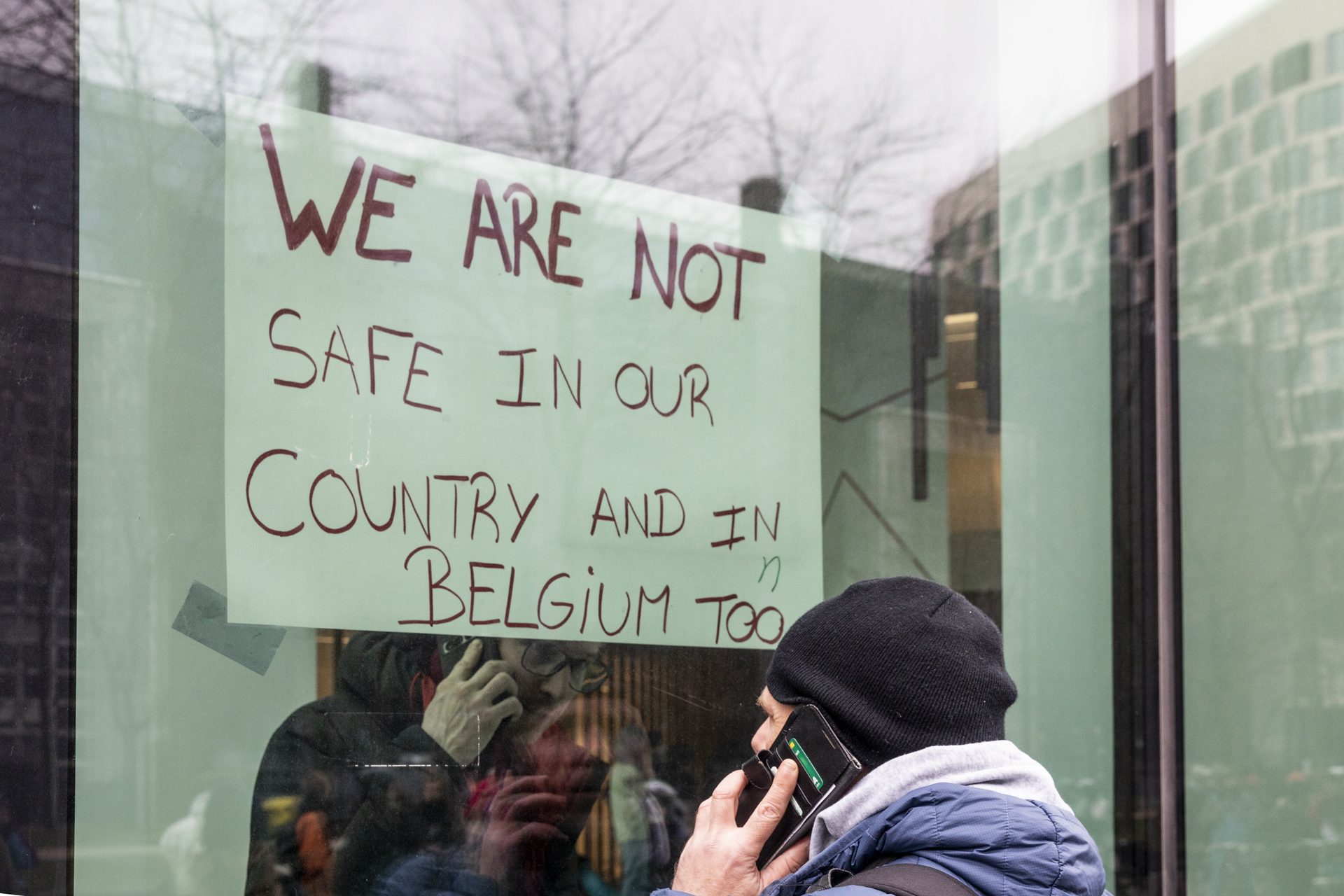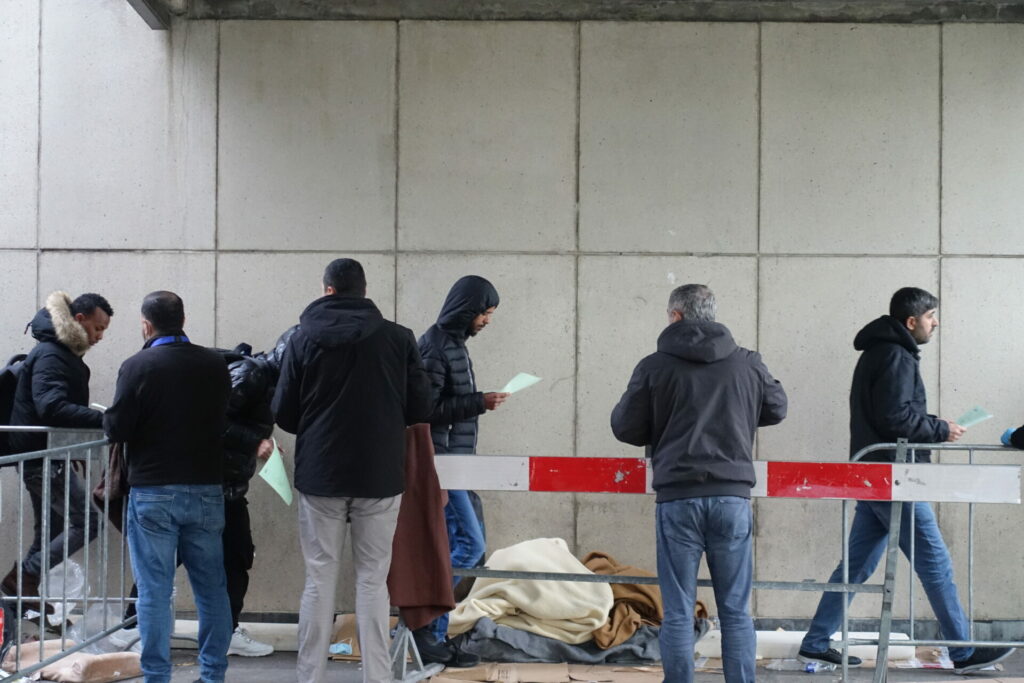More than one million people applied for asylum for the first time across the EU last year. While some countries saw a rapid rise in applications, in Belgium, the figure dropped.
The number of people applying for asylum for the first time in Belgium decreased by 8.8% in 2023, with 29,325 initial asylum applications. This is in stark contrast to the trend seen across other EU Member States. Overall, the number increased by 20.1%: 1.049 million people applied for asylum for the first time, De Tijd reported based on Eurostat data.
In the Netherlands and France, the increase was limited to 7.6% and 5.5%, respectively. In Germany, however, an increase of 51.1% was observed. This significant rise can be explained by a doubling of applications from Turkish asylum seekers due to the repression of opponents by the country's President Recep Tayyip Erdoğan and the earthquake in the southern border region with Syria in February 2023.
Problematic reception system
According to State Secretary for Asylum and Migration Nicole de Moor (CD&V), the decrease in Belgium can be explained by the fact that the number of asylum applications by unaccompanied minors from Afghanistan had fallen by a third. She also cited the effect of the Dublin principle, which sees asylum seekers being sent back to the country that first registered them in the EU.
However, migration researcher Pascal Debruyne (Odisee University of Applied Sciences) argued that governments "far too often mistakenly think they can control migration movements, but in practice, they only succeed to a limited extent." He stressed that most people migrate to a certain country because they already know other people there.

Some 50 asylum seekers squatted a building in Brussels due to the lack of sheltered places from the government. Credit: Belga / Hatim Kaghat
In his opinion, the drop in numbers is more due to the "poor and uncertain reception situation" in Belgium. Since October 2021, the government denying shelter to asylum seekers during their procedure has led to an asylum reception crisis. Turned away from the official network, thousands of people, including children, have been forced to sleep rough, to find their own temporary accommodation or to seek support from several civil society organisations.
"People smugglers are also a steering factor in this: they determine routes based on what they know about restrictions in countries. Online information, on Facebook and other channels, also plays a part."
Unequal distribution
In Belgium, applicants came mainly from Syria, Afghanistan, Palestine, Turkey and Eritrea. When also taking into account the number of files for 'repeated applications' – people starting a new procedure – the number of applications was over 35,500 (-3.2% compared to 2022), putting Belgium in eighth place among the European Member States that received the most applications.
Last year, Germany, Spain, France, Italy and Greece made up the top five countries that received the highest number of first-time asylum applicants. They accounted for almost 80% of all applications, Eurostat figures showed.
This once again highlights that there is no even distribution of asylum applications across Europe. Most people seeking asylum in Europe came from Syria, Afghanistan and Turkey, as was the case in 2022.

